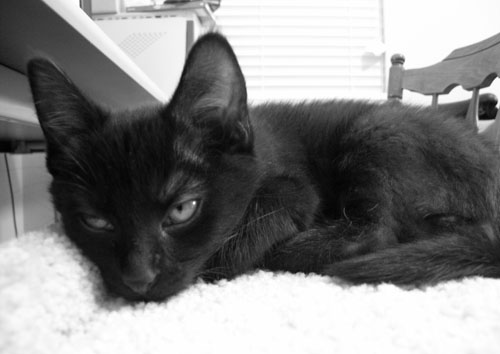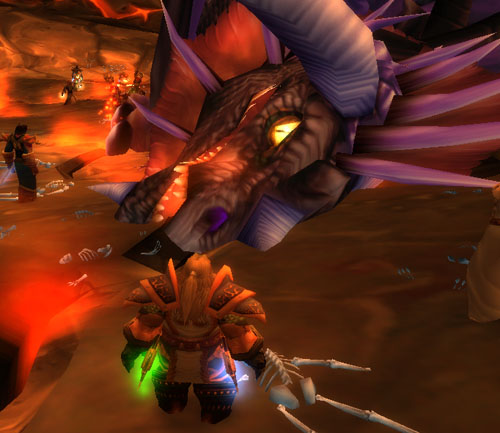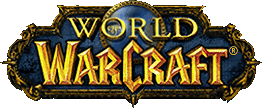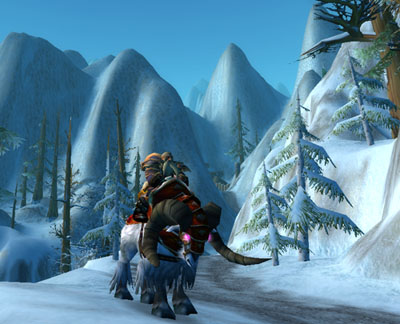

Well, I was wrong. The show’s not more interesting, now that it’s down to the last few people. I find these folks fairly uninteresting, although I do like Danni and Rafe enough as people to hope that one or both of them make it to the final two.
At this point, I have 2,291 points in the Survivor Fantasy League, which isn’t where I want to be, but it ain’t bad. Our team, Ellis Truss, is on the national leader board last time I looked.
Two Sundays from now is the finale, including the big party at Chez Ellis. Hopefully next season will be back at a beach locale. We need more guys fighting sharks on the beach.
It feels strange to agree with a Slashdot article, but it’s finally happened:
A truly Web-hip newspaper would not only allow but encourage reader comments on all of its stories, not just on a blog or two. With thousands of readers as fact-checkers, mistakes would rarely go uncorrected for long, and if there was any perceived bias in a controversial article, reader comments would make sure the other side got heard. Even better, a reader who witnessed an event the paper covered would be able to add his or her account of it to the reporter’s, which would give other readers a richer and deeper view of it.
The Herald, Herald-Tribune, and many other (if not most) local newspapers seem to think that they are still their readers’ primary source of national and international news, just as they were 20 years ago. So that’s what fills their front pages most of the time, with local and regional news stuck in a “B” or “C” section.
Welcome to the Internet age, local newspaper (and TV) people. I can and do get my national and international news from the New York Times, The Washington Post, BBC, Al Jazeera, Fox News, CNN, and other online media that cover faraway events better and faster than you ever will. I turn to you for local news. You tell me more about last week’s home invasion robbery on 11th Street East than they ever will.
It’s time for local newspapers to become truly local; to feature local news on the front pages of both their Web sites and print editions, with only a few out-of-the-area stories up front, augmented by an above-the-fold story list that tells readers where to find national and international news on their inside pages.
Some newspapers (and newspaper chains) will probably not survive the shift from news-as-monologue to news-as-dialog. Most will, although those that wait too long to adjust will have much of their audience, influence, and ad revenue taken away by more agile competitors.
The smartest newspapers will follow my survival recipe or come up with their own way to become an integral part of their community instead of a building full of people who have been sprinkled with Secret Journalism Powder that makes them better and smarter than their readers. These newspapers will not only survive, but prosper. They may even become the prime outlets for bloggers in their communities, which will increase their readership and ad revenue. Extreme ____-wing bloggers won’t want their words associated with the hated Mainstream Media, but most others will be happy to have a widely-read, influential outlet for their work.
Eventually, I expect print newspapers to become “snapshots” of their Web editions taken at 1 a.m. or another arbitrary time, poured into page templates and massaged a little by layout people, then sent to the printing presses, a pattern that has potential for significant production cost reductions if handled adroitly. From that point on, their paper editions will be distributed the same way newspapers are now.
Senior citizens and others who can’t afford (or don’t want) computers are and will continue to be a viable market. So will commuters who use public transportation. Then there are those — a substantial part of the population — who simply prefer reading words and looking at pictures on paper to seeing them on a screen. They will still want physical newspapers, even if they are not as up-to-date or as complete as what they’d get on the Web.
Except for the Florida business, a lot of this sounds eerily like things I’ve been ranting about for a while, either at poor Peter or online.
The good news is that it was my publisher who e-mailed me this article. That speaks well of the online destiny of the Daily Press family of papers.

Since everyone can’t get enough of World of Warcraft geekery, we killed the black dragon Onyxia tonight for the first time:

 For those wanting me to get to work on The Novel, I’m currently in research mode and hope to start writing in earnest in the next month or two. In the meantime, there’s a few warm-up exercises I want to do. For those wanting me to get to work on The Novel, I’m currently in research mode and hope to start writing in earnest in the next month or two. In the meantime, there’s a few warm-up exercises I want to do.
Among them is this, a quickie little World of Warcraft piece. It’s for a contest to win two months of playtime, so I thought it would be worth knocking something out. “Red Snow” tells the tale of the battle of Alterac Valley from the point of view of my dwarven hunter character, Ringo Flinthammer. Hopefully it’s not totally incomprehensible, but it’s written for an audience already familiar with the world of Azeroth:
At last, the fire was crackling merrily. The dead tree had caught in the branches of another as it fell, which had kept the dead wood off the snow, and allowed the limbs to dry out nicely.
 And with that, Ringo Flinthammer tromped through the snow to the corpse, while the great white owl watched patiently. Ringo took an axe from his belt and, gripping a dead limb distastefully, brought it down. The desiccated flesh gave off little smell as it parted, which in a way made it worse. And with that, Ringo Flinthammer tromped through the snow to the corpse, while the great white owl watched patiently. Ringo took an axe from his belt and, gripping a dead limb distastefully, brought it down. The desiccated flesh gave off little smell as it parted, which in a way made it worse.
The body was four years dead, struck down in the early days of the Third War, a peasant from the Kingdom of Lordaeron, killed by an infection hidden in grain which was then turned into bread. They were not allowed to rest easy, however: The Lich King’s plague had jerked these corpses back onto their feet like hideous marionettes and marched off to war. Later, a faction of the damned had rebelled against the Lich King and joined the Horde, but at the end of the day, this was still an innocent victim of the cult whose body had been turned into a weapon.
Ringo chopped apart the body of the undead rogue, tossing each piece into the fire, one by one. The dwarf knew the shadow priests of the Horde could reanimate this corpse again, but he would make it as difficult as possible.
Read the rest here. It’s just under 3,000 words total.
|
|
|
|



 And with that, Ringo Flinthammer tromped through the snow to the corpse, while the great white owl watched patiently. Ringo took an axe from his belt and, gripping a dead limb distastefully, brought it down. The desiccated flesh gave off little smell as it parted, which in a way made it worse.
And with that, Ringo Flinthammer tromped through the snow to the corpse, while the great white owl watched patiently. Ringo took an axe from his belt and, gripping a dead limb distastefully, brought it down. The desiccated flesh gave off little smell as it parted, which in a way made it worse. 